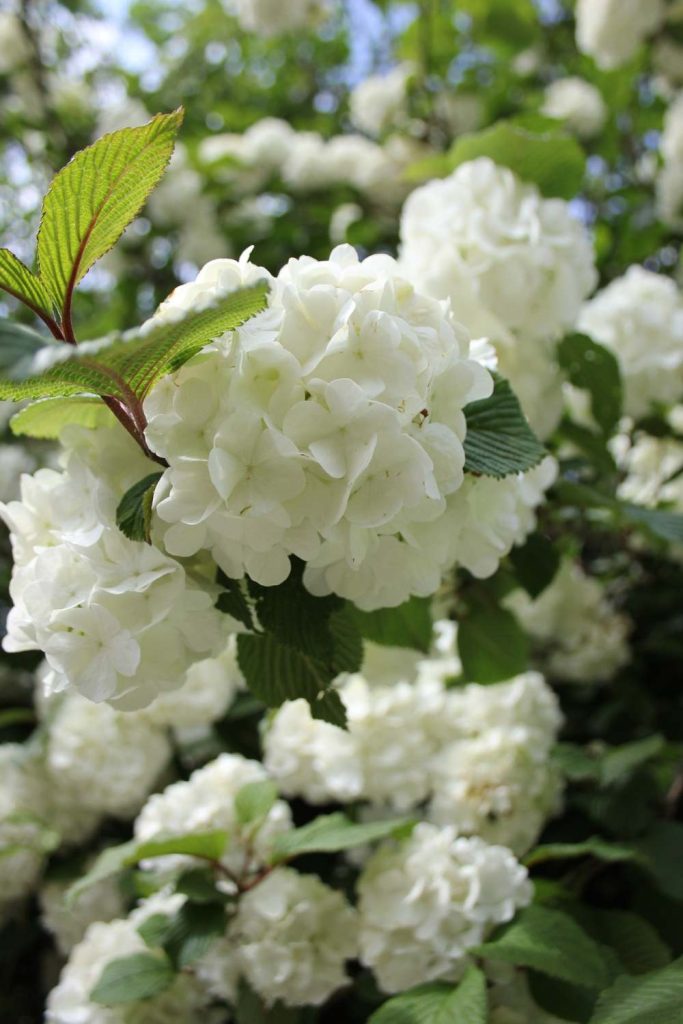RHS Chelsea Flower Show puts the spotlight on sustainable gardening. At this year’s RHS Chelsea show, every large garden has undergone a Green Garden Audit aimed at minimising its environmental impact. This proactive approach showcases the commitment of garden designers and organisers to embrace sustainability. Plus, the esteemed Royal Horticultural Society (RHS) has recently unveiled an exciting addition to the awards lineup called the ‘Environmental Innovation Award’. This prestigious recognition celebrates the remarkable sustainable gardening innovations implemented in the Show and Sanctuary Gardens, further highlighting the importance of environmental consciousness and the strides made towards creating a greener future for gardening.

Green Garden Audit
This year, the RHS Chelsea Flower Show made history by introducing the Green Garden Audit, a groundbreaking initiative by the Royal Horticultural Society (RHS). All gardens in the Show and Sanctuary categories underwent this audit to minimise their carbon footprint and environmental impact. The design changes, as a direct outcome of the audit process, had a remarkable effect on reducing carbon emissions by an impressive 28% across both categories. This marks a significant step towards creating a more sustainable and eco-friendly environment within the show.
Malcolm Anderson, RHS Head of Sustainability said: ‘As the UK’s leading gardening charity we have been making positive changes across the organisation and at our shows to make our practices more sustainable and this is just one example of the progress we are making this year as we continue to make changes to reduce our environmental impact. Last year we added sustainability criteria at selection stage to ensure, where possible, that designers have thought about the environmental impact of their gardens at the design stage, the introduction of the audit this year helps us take this one step further, enabling us to better understand the carbon footprint of the gardens at the show and challenge designers and landscapers to consider ways they could further reduce their impact whilst also opening up the conversation within the horticultural industry on how we can create gardens more sustainability in the future.’
Many gardens saw a significant decrease in carbon emissions primarily through alterations in the building materials and construction techniques employed.
Transitioning To Sustainable Gardening Materials
Many gardens saw a significant decrease in carbon emissions primarily through alterations in the building materials and construction techniques employed. One notable example is Matthew Childs, the designer of the Terrance Higgin’s Trust Bridge to 2030 Garden, who managed to greatly reduce his carbon footprint by eliminating block walling from his initial design and substituting it with reclaimed timber. Similarly, Ann-Marie Powell, the designer of The Octavia Hill Garden by Blue Diamond in collaboration with the National Trust, achieved substantial Co2 savings by minimising the use of cement in her garden design.
‘We have introduced this new award in order to recognise and celebrate the fantastic ways designers and contractors are embracing the need to reduce their impact on the environment.”
Sarah Poll, Head of Shows Development
The Environmental Innovation Award
This year to recognise and celebrate the examples of excellence in progressive environmental ingenuity at the show, the RHS is introducing a new award ‘The Environmental Innovation Award’ open to all gardens who have been through the Green Garden Audit.
Sarah Poll, Head of Shows Development said: ‘We have introduced this new award in order to recognise and celebrate the fantastic ways designers and contractors are embracing the need to reduce their impact on the environment. The RHS has a responsibility to take a leading role in encouraging everyone to progress and drive environmental innovation and collaborate with the industry to make positive, sustainable changes. We hope by celebrating successes through this new award at our world-famous flower show and showing how small changes can make a big difference through the new Green Garden Audit we will help continue to encourage positive change.’




